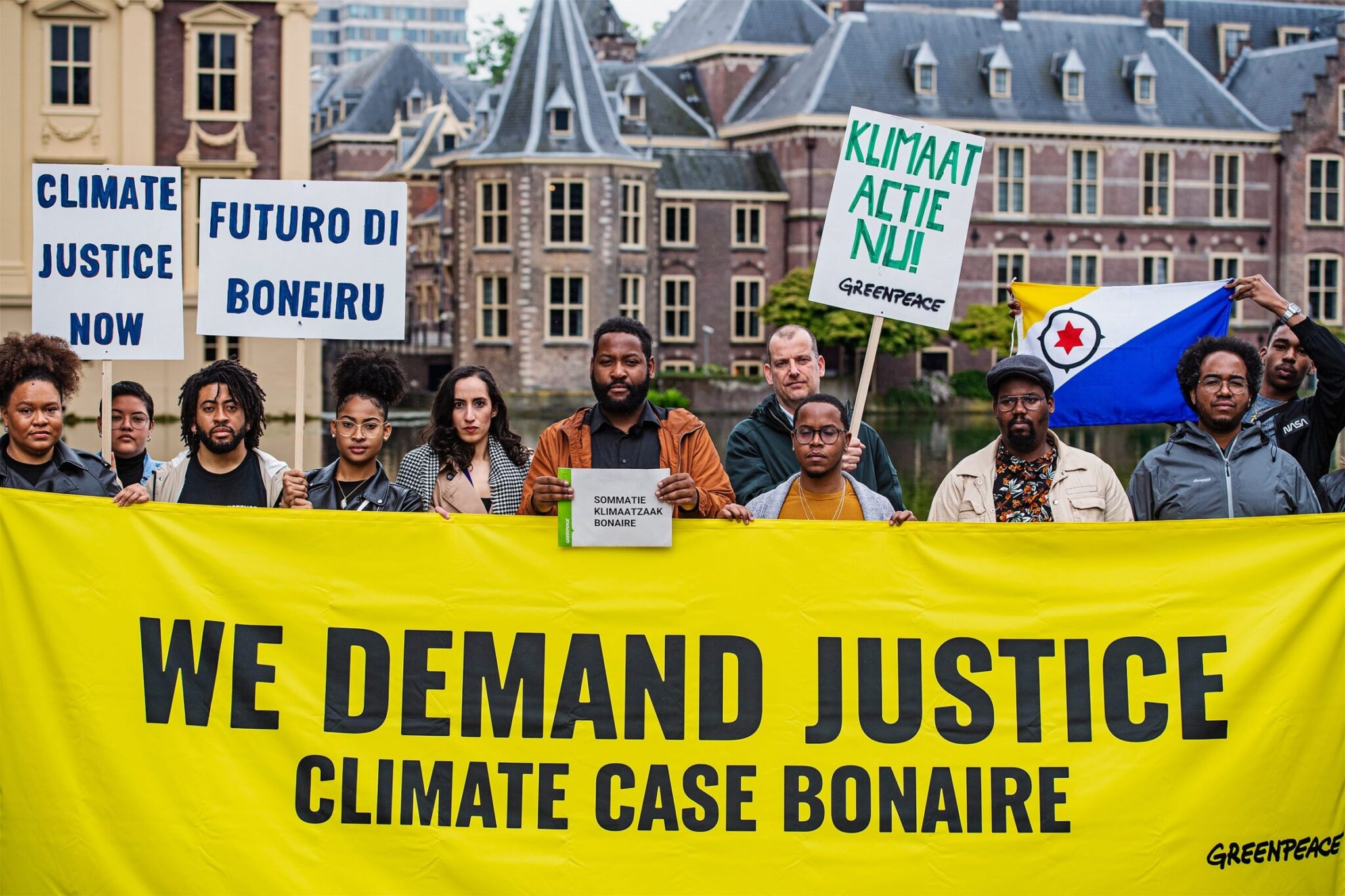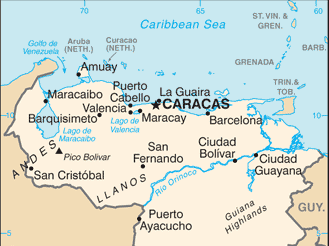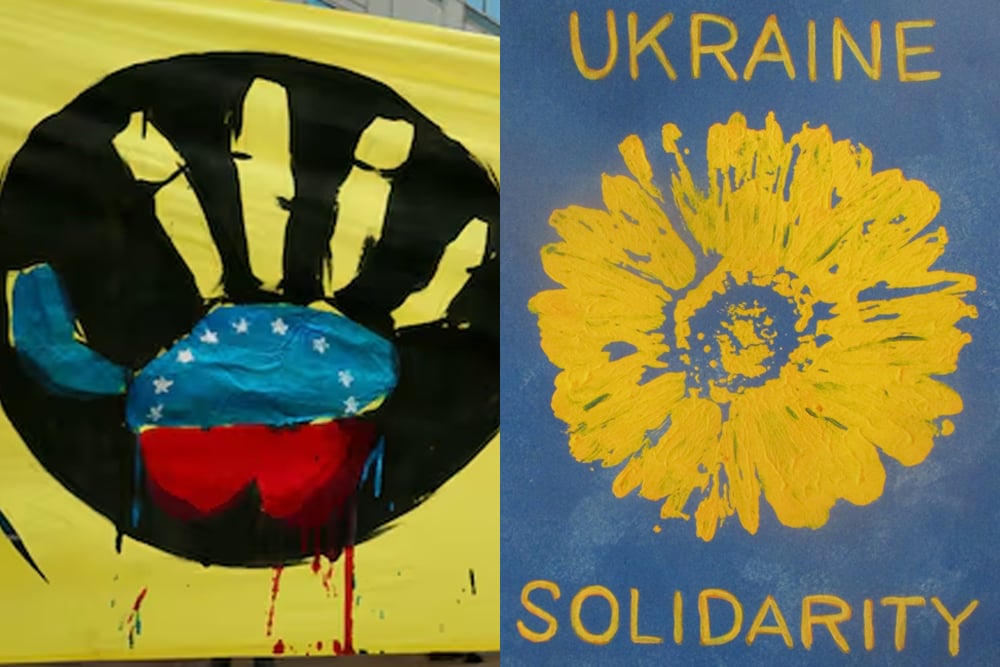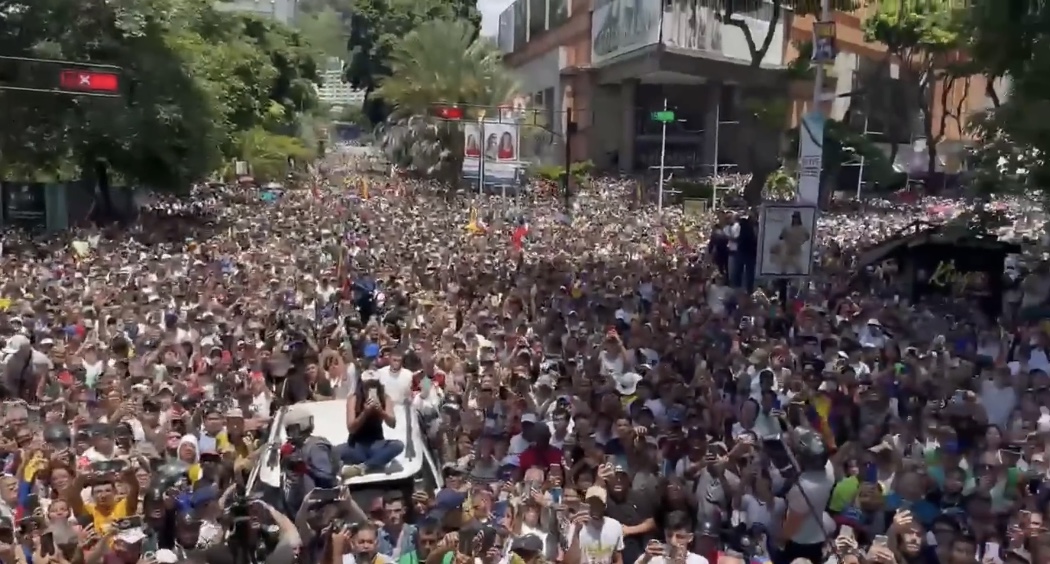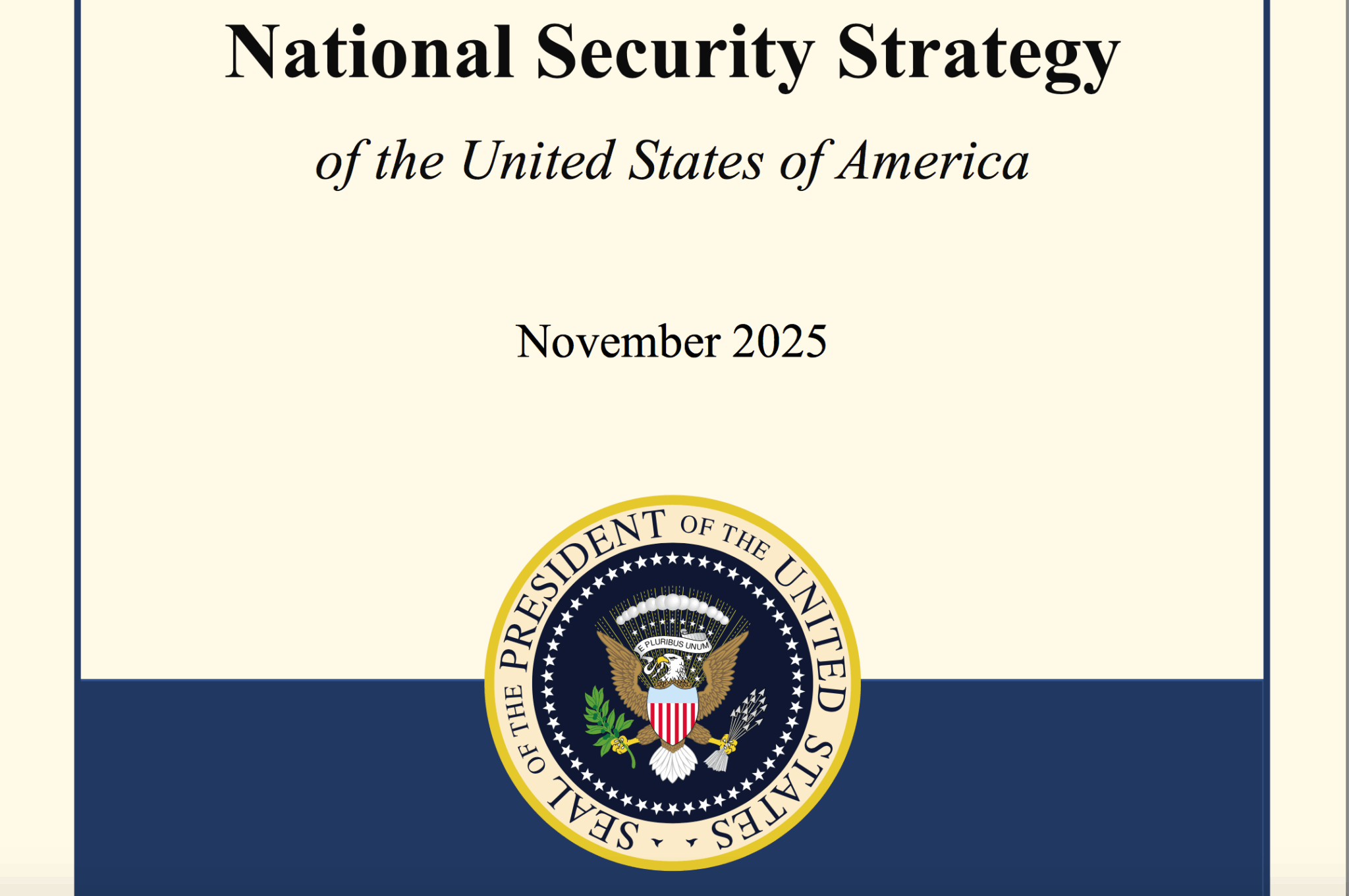
Amnesty International condemns Trump’s attack on Venezuela
Amnesty International condemned both the January attack by the US military on Venezuela and the abuses committed by the ousted Maduro government. Amnesty said that the US capture of President Nicolás Maduro was an unlawful use of force and violated multiple articles of the UN Charter. Acknowledging the long legacy of grave abuses by the Maduro regime, Amnesty’s secretary general Agnès Callamard said: “Crimes against humanity do not end with Maduro’s removal… The fate and whereabouts of many people subjected to enforced disappearance remain unresolved. The state machinery responsible for those crimes is still firmly in place, now supported by the US authorities’ involvement… The US administration’s actions currently make the prospect of any potential justice proceedings concerning Nicolás Maduro much more challenging and complex.” (Photo: USS Gerald R. Ford. Credit: US Navy via Wikimedia Commons)



